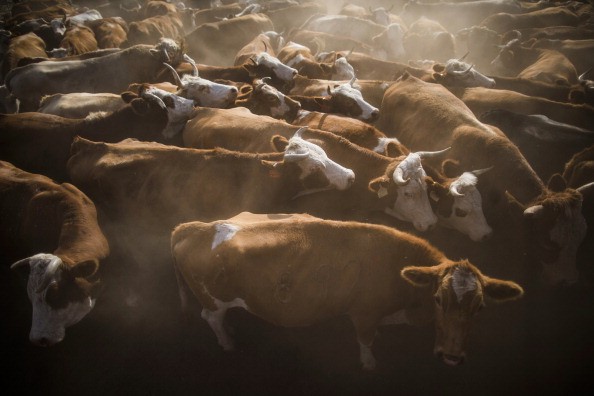
A new study reveals a significant link between a virus that can be found in cattle and the risk of breast cancer.
A team of researchers from the University of Berkeley California led by Gertrude Case Buehring discovered that a common cattle virus known as BLV (bovine leukemia virus) is present in human breast tissues. Now they wanted to find out if this virus can also contribute to breast cancer.
For the study, they analyzed more than 230 tissues donated by the Cooperative Human Tissue Network. Some of them were healthy, which means they didn't have any breast cancer cells.
Based on the results, almost 60% of the studied breast cancer cells contain the DNA of the virus, a huge difference from 29% of the healthy tissues. Further, the increased risk of breast cancer could go up by more than 3 times if the tissues were exposed to the virus.
The results were not only surprising but also a possible major concern since the odds presented by the virus exposure were higher than other commonly known risks of the disease such as obesity and hormones.
BLV, an infectious disease among herds, has been around for a long time and is first detected in Lithuania. Based on further investigations about the disease, it is closely linked to T-cell leukemia virus among humans.
The cattle virus is widespread in many parts of the world. In the United States, it can infect at least 38% of the cattle herds and almost 85% of the dairy herds. Meanwhile, a 2007 bulk milk tank survey conducted by the US Department of Agriculture (USDA) showed that large-scale herd operations, or those with no less than 500 cows, contained BLV antibodies.
Nevertheless, the study doesn't prove that BLV causes breast cancer. In fact, the team needs to determine whether the risk the infection occurred before or after breast cancer. But if they are able to establish the cause, it is a game-changing data that may bring the health experts' attention to prevention than to management.

